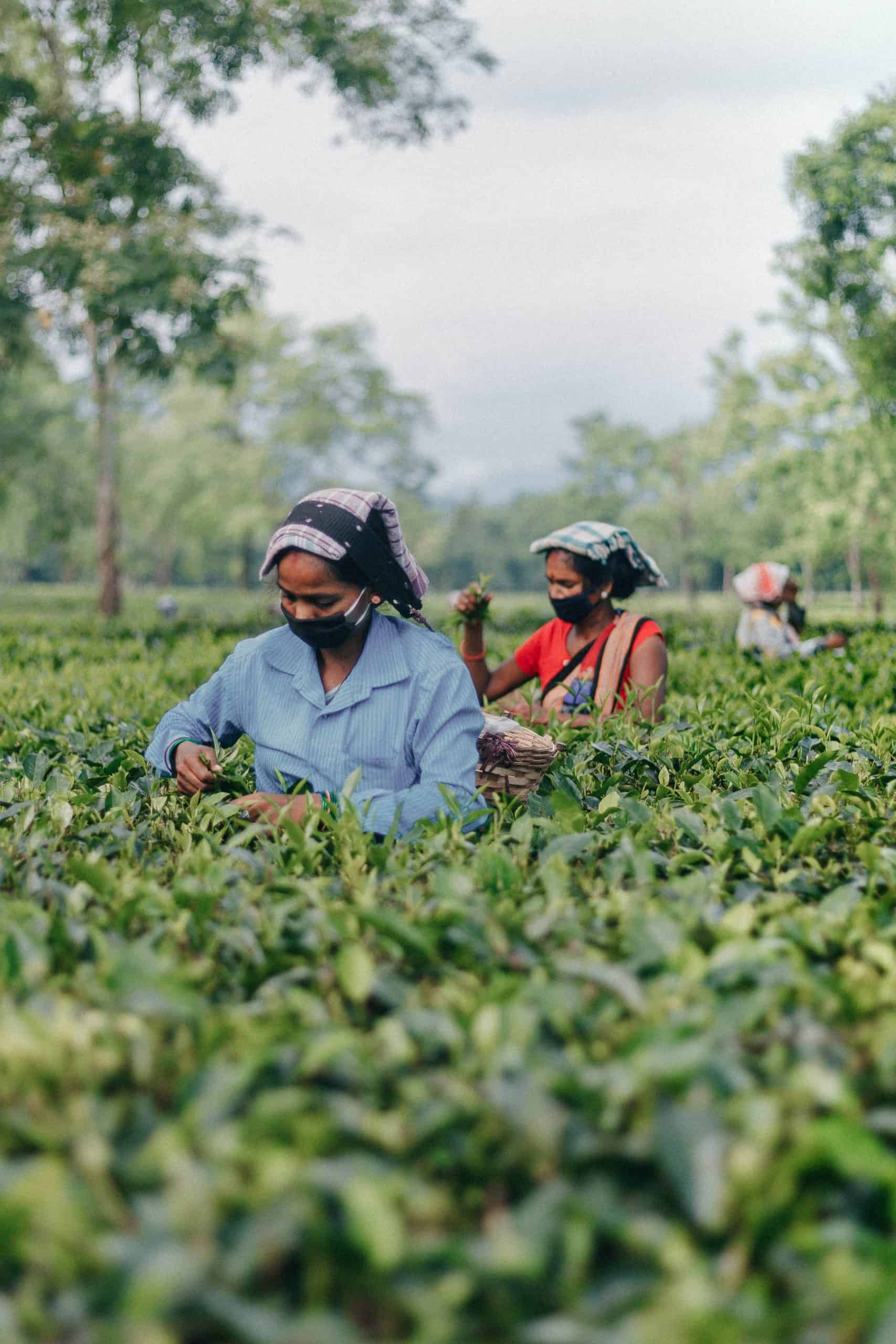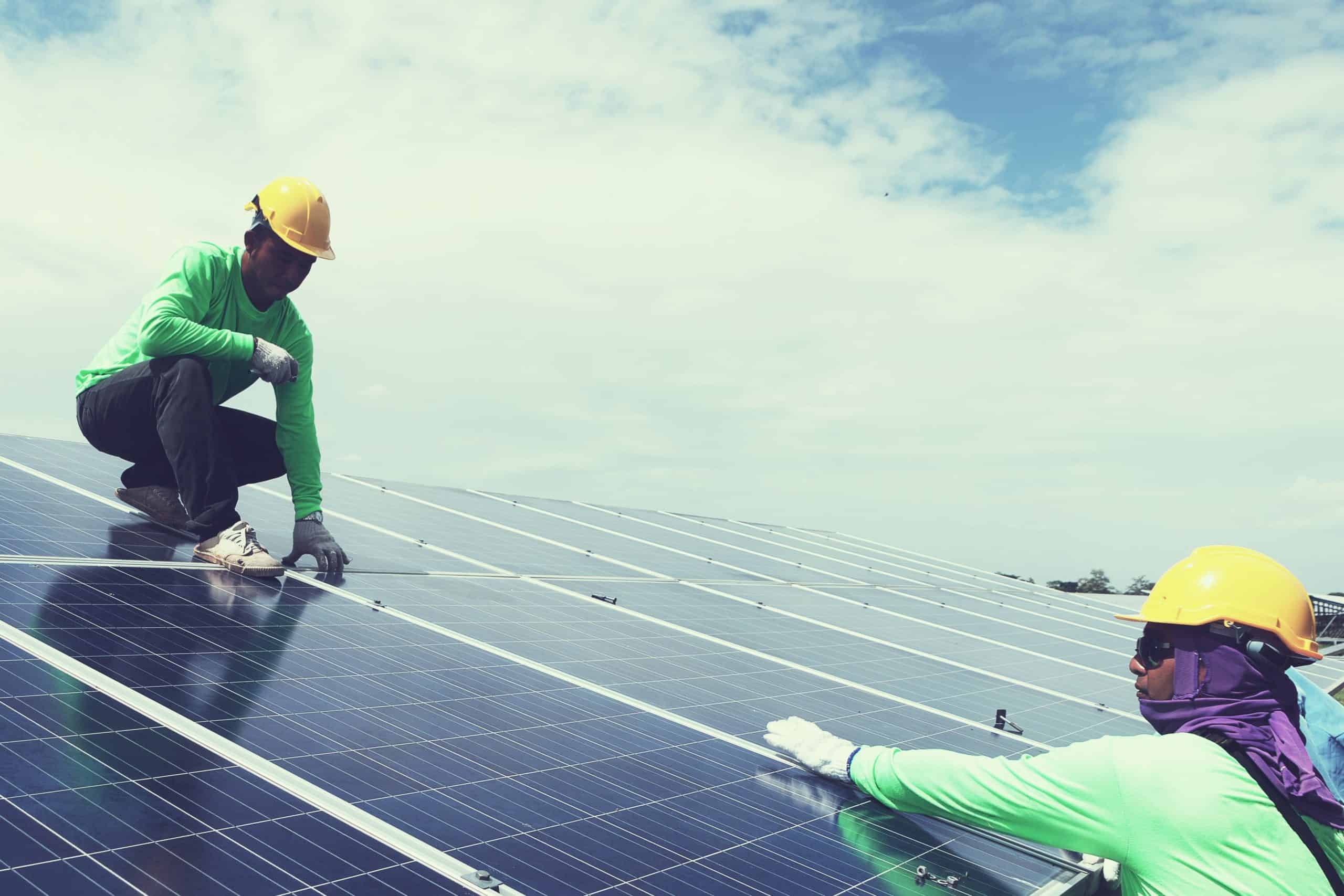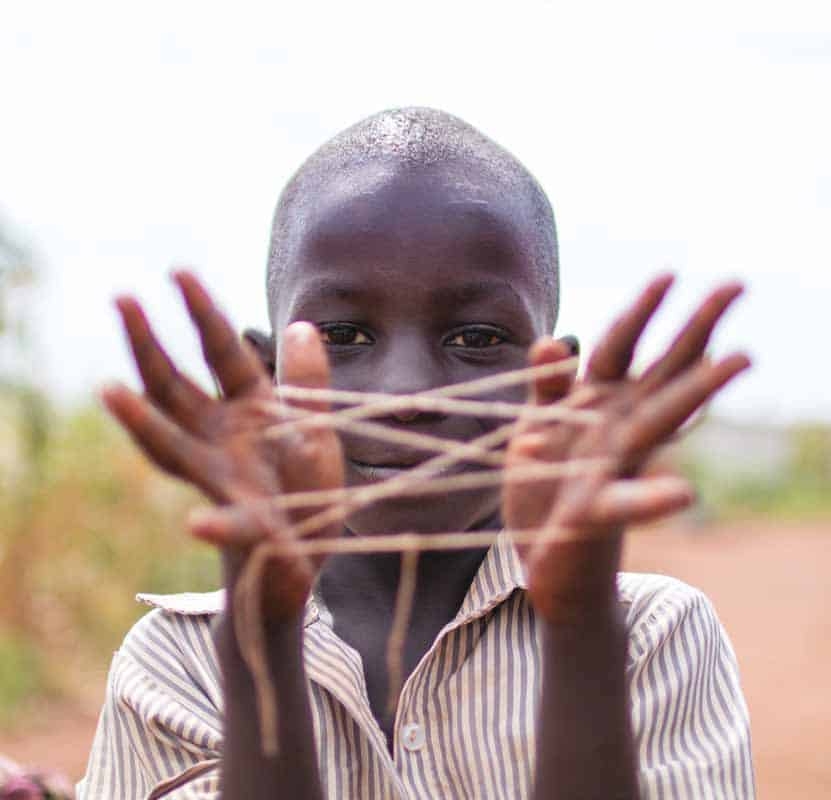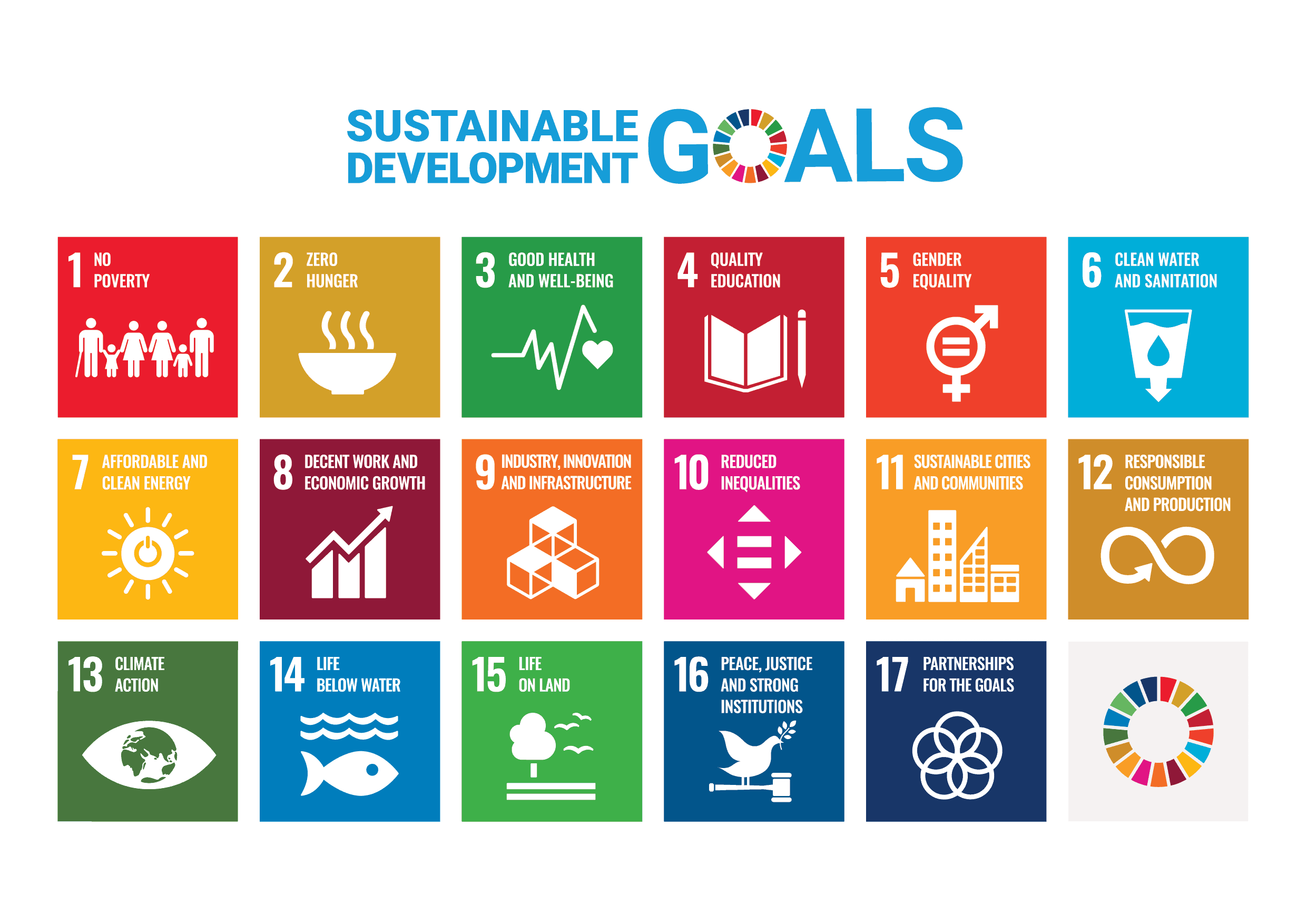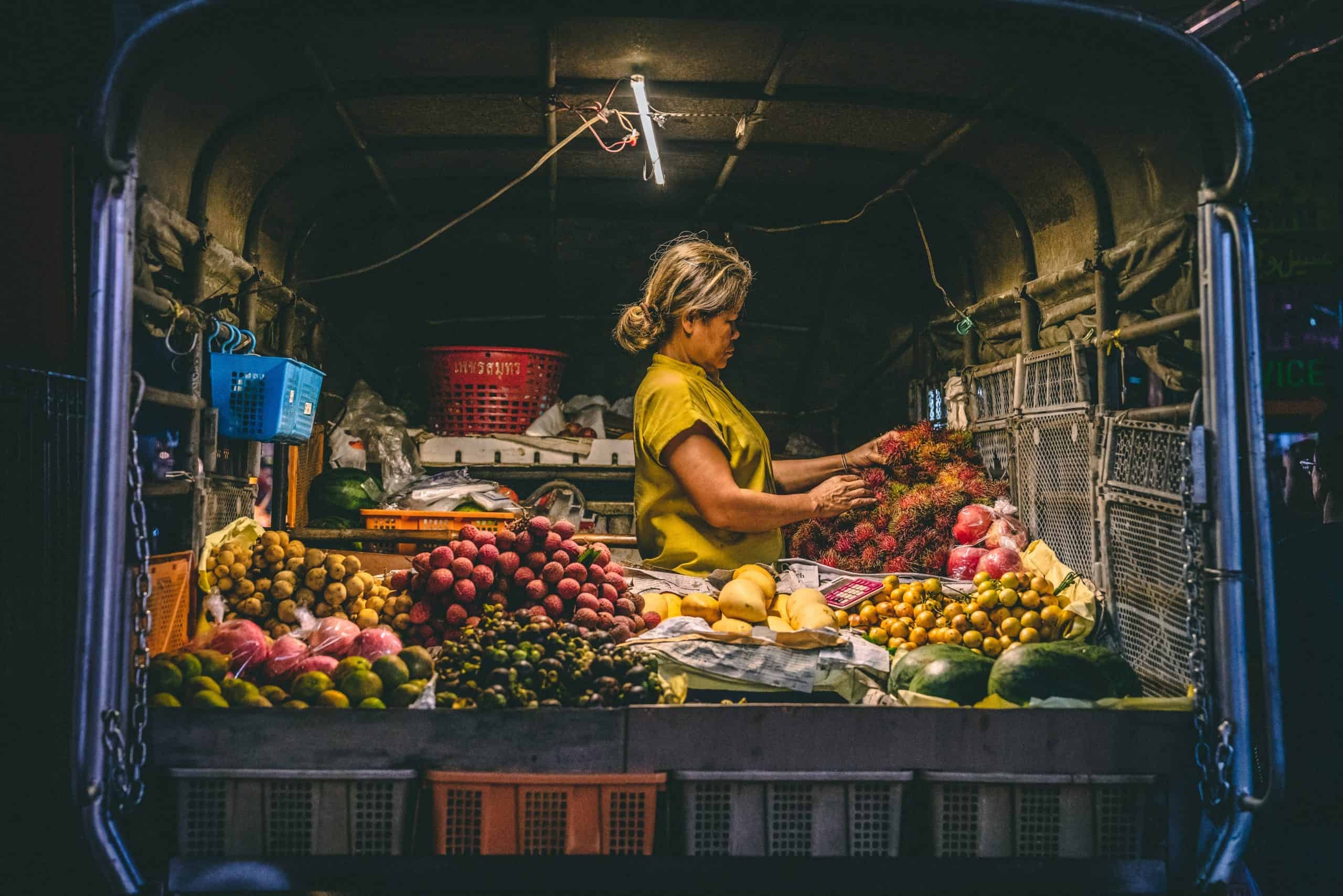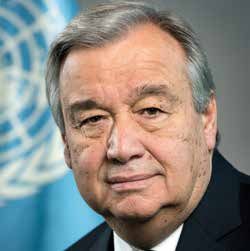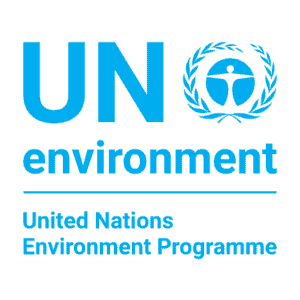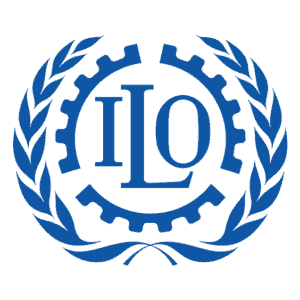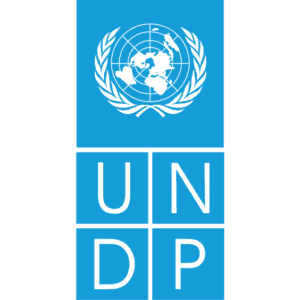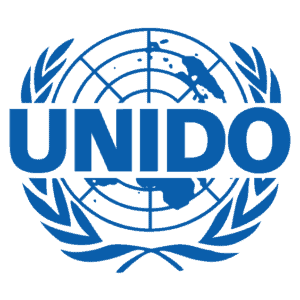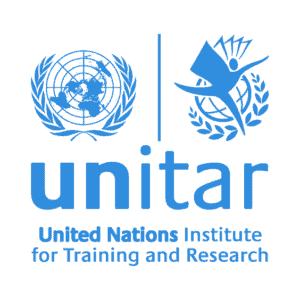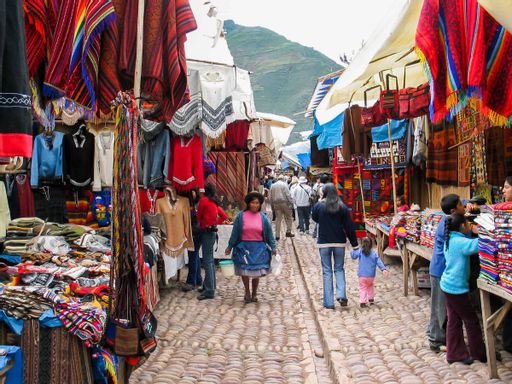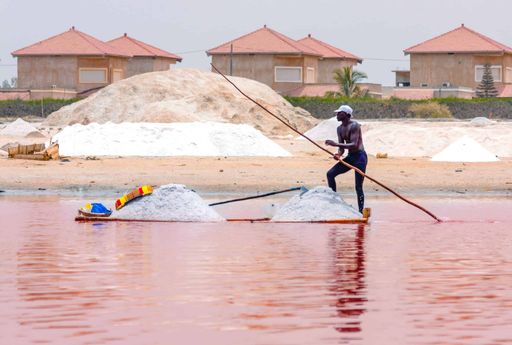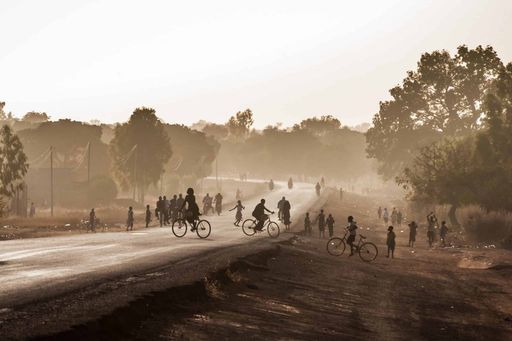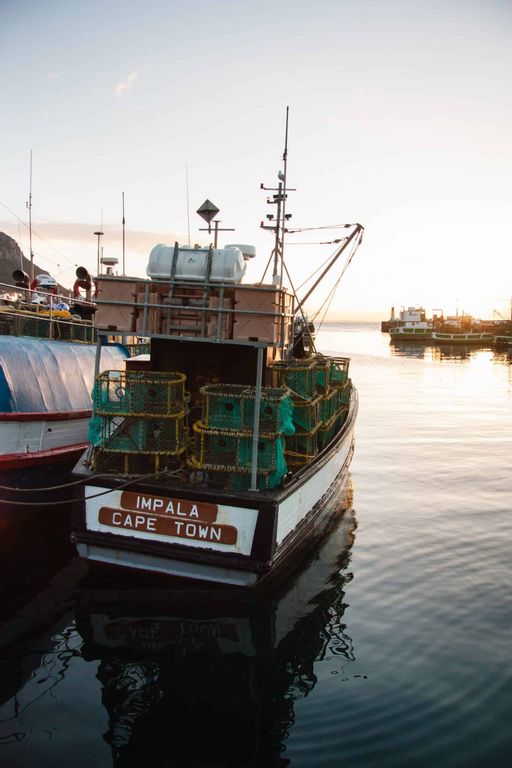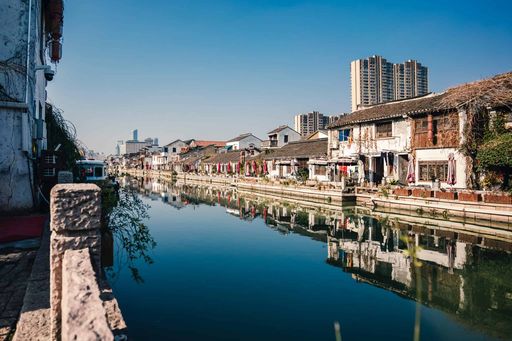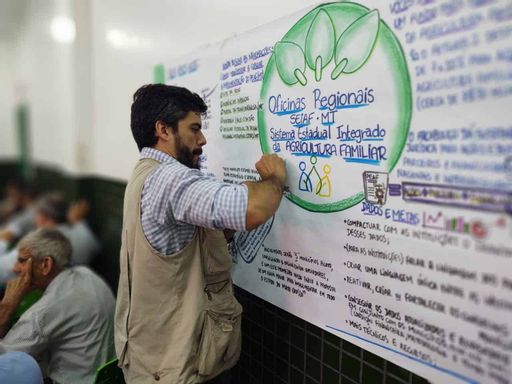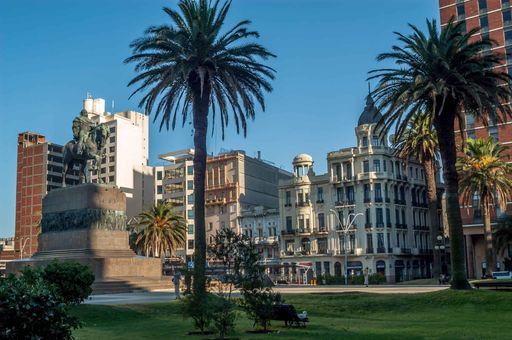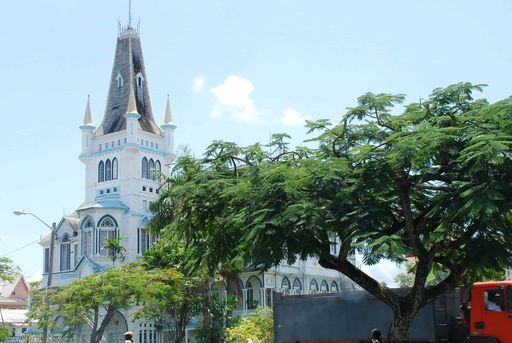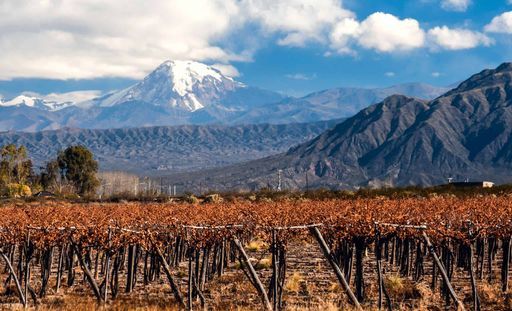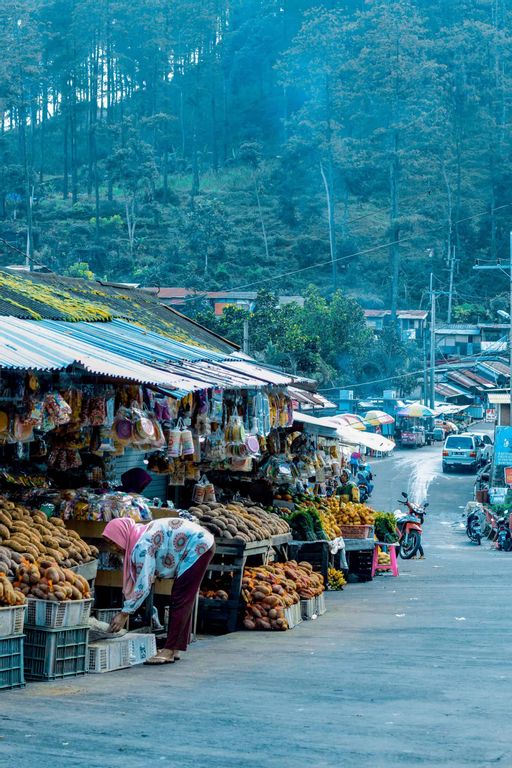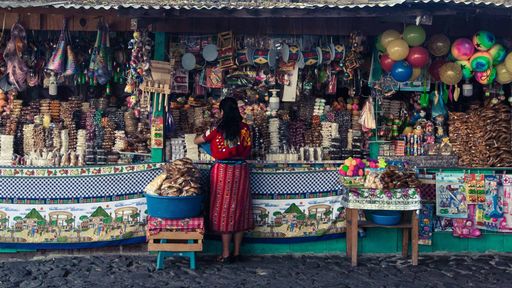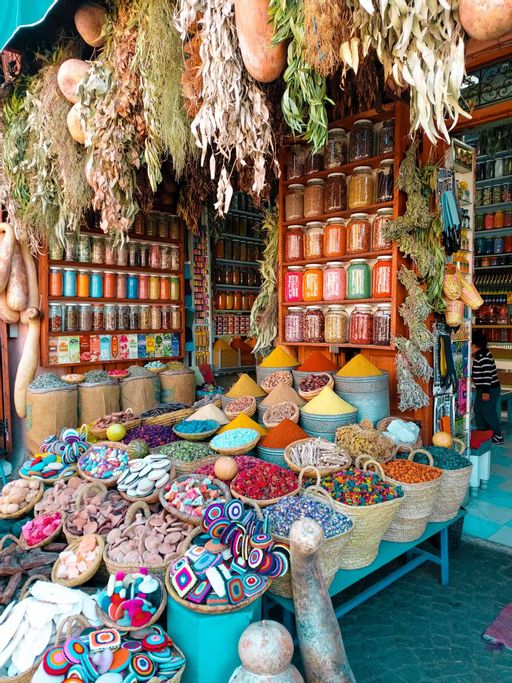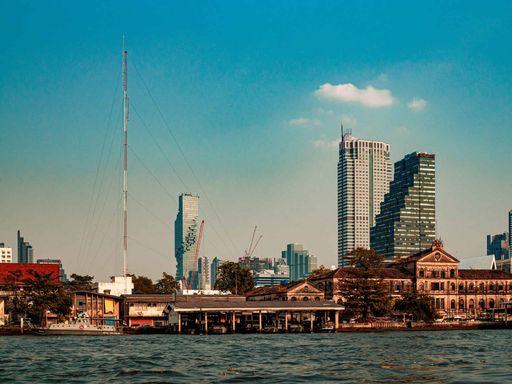Main Navigation
2020 Annual Report
Overview
PAGE brings together five United Nations agencies — the UN Environment Programme (UNEP), the International Labour Organization (ILO), the United Nations Development Programme (UNDP), the United Nations Industrial Development Organization (UNIDO), and the United Nations Institute for Training and Research (UNITAR).
The Partnership provides integrated and holistic support to countries on eradicating poverty, increasing jobs and social equity, strengthening livelihoods and environmental stewardship and sustaining growth, ensuring coherence and avoiding duplication of efforts.
The PAGE 2020 Annual Report highlights our ongoing work in supporting inclusive, green economy transitions within 20 partner countries. In 2020, this work was highly adaptive, aligning with national priorities to support action plans for green economic recoveries and address the socio-economic impacts of COVID-19.
Foreword
The rapid onset of the COVID-19 pandemic, which abruptly left the world in a near-standstill, came as a shock in 2020. Beyond the grave health implications, livelihoods were challenged, notions about work, wellbeing and our relationship to the planet and each other have all had to be evaluated in a new light. The year posed challenges on many levels. Yet, this halt to business as usual has provided an unprecedented moment to review our standard way of living and choose a better way forward.
Adapting to unique and changing circumstances is part of the core identity of PAGE. No two countries are the same, but the commitment of PAGE partners to achieve inclusive, sustainable development is. This dedication and understanding of changing needs guided PAGE through 2020. We found resilience in the support of one another — across all eight funding partners, five UN agency partners, and 20 partner countries.
The rapid onset of the COVID-19 pandemic, which abruptly left the world in a near-standstill, came as a shock in 2020. Beyond the grave health implications, livelihoods were challenged, notions about work, wellbeing and our relationship to the planet and each other have all had to be evaluated in a new light. The year posed challenges on many levels. Yet, this halt to business as usual has provided an unprecedented moment to review our standard way of living and choose a better way forward.
Adapting to unique and changing circumstances is part of the core identity of PAGE. No two countries are the same, but the commitment of PAGE partners to achieving inclusive, sustainable development is. This dedication and understanding of changing needs guided PAGE through 2020. We found resilience in the support of one another — across all eight funding partners, five UN agency partners, and 20 partner countries.
We fostered deeper collaboration and communication on all levels, which allowed for rapid assessment and planning to support inclusive, green economic recovery support. This was answering the call from the United Nations in “A UN framework for the immediate socio-economic response to COVID-19” for PAGE to provide integrated support on strategies to green fiscal stimulus packages. The assessments, widespread collaboration and flexibility culminated in a targeted response mechanism to fund specific green recovery actions in PAGE partner countries, which will carry into 2021 and beyond.
While we have all had to re-evaluate many things in 2020, what we did not have to re-evaluate is our mission — to assist countries in achieving inclusive, green and sustainable growth. The pathways may each be unique and at times require adaptation, but the commitment to this goal does not waver. With the launch of the PAGE Strategy 2021-2030, we enter ten crucial years — a decade of action.
By 2030, PAGE will support 30 countries and work to grow the political will for inclusive, green economies on the global scale. This effort on both the country and global levels seeks to tangibly contribute to the urgency of the 2030 Sustainable Development Goals and Biodiversity targets. While the need to recover from COVID-19 is immediate, PAGE’s efforts are building medium and long-term solutions to seek a sustainable future that will ensure the protection, health and wellbeing of both people and the planet. Working collaboratively and employing the shared knowledge between UN agencies, funding partners and partner countries, we will build forward.
From our initial statement on the COVID-19 response, we remain steadfast in greening the future together and facing what is to come with a strengthened commitment to sustainable, inclusive development, knowing that embracing a green economic transformation together will lead to the Future We Want.
2020 Highlights
PAGE 2021-2030 Strategy
In 2020, PAGE reached a major milestone, completing its first phase (2013-2020) successfully meeting the goal of supporting 20 countries in building greener and more inclusive economies. This led to the launch of a new, more ambitious ten-year plan, expanding the reach of PAGE and accelerating action on the Sustainable Development Goals and climate targets.
Green and Inclusive Economic Recovery
In a year of uncertainty, PAGE engaged deeply with partners to assess country impacts and develop support plans following the COVID-19 crisis. This culminated in country-specific green recovery support through PAGE, with work underway as of January 2021.
Policy Developments: Advancing Green Economies
PAGE partner countries continued to pursue inclusive, green policies in 2020, despite challenging odds, with strategies, action plans, and coordinating boards. Some key highlights […]
PAGE partner countries continued to pursue inclusive, green policies in 2020, despite challenging odds, with strategies, action plans, and coordinating boards. Some key highlights include the Program for the Development of Green Economy and support for the formation of a national Coordination Commission on the Green Economy and Climate Change in the Kyrgyz Republic; the Strategic Plan for the Development of Renewable Energy and Sustainable Management Plan for the Historic Center of Cuiabá, Mato Grosso; and the Green Job and Just Transition, and Sustainable Production Board in Argentina.
Knowledge for Sustainable Transitions
Studies conducted within PAGE countries are building blocks to inform future policy developments. In 2020, this included a National Study on skills for Green Jobs in Ghana; a study on Investment Opportunities for the Development of a Green Economy in the Kyrgyz Republic; and an Assessment on Linkages Between the 2030 Agenda and Just Transition for Green Recovery.
Individual Learning for Long-term Change
Building individual capacity is a key ingredient to fostering long-term commitments to Inclusive Green Economy (IGE). PAGE partner countries enhanced virtual learning and continued to hold workshops and trainings in 2020, such as: […]
Building individual capacity is a key ingredient to fostering long-term commitments to Inclusive Green Economy (IGE). PAGE partner countries enhanced virtual learning and continued to hold workshops and trainings in 2020, such as: three workshops to mainstream IGE into courses for civil servants and secondary school curricula in Mauritius; a virtual training workshop on “Climate Smart Agriculture and Trade Opportunities” in South Africa; and 25 half-day online training sessions on green economic modelling for government officials in the Kyrgyz Republic.
Institutionalizing Capacity-Building
PAGE builds learning initiatives to strengthen knowledge on green economy — for current and future leaders. In 2020, highlights included course packages, learning networks and the launch of PAGE’s first podcast series: namely, six courses under the Learning for Green Recovery Initiative; the Green Learning Network launch; and The Green Renaissance podcast.
PAGE in International Fora
PAGE takes its lessons-learned to public stages to contribute to the global green movement. In 2020, PAGE brought heads of UN agencies and key ministers together on a virtual stage at the High Level Political Forum to discuss the critical details of a green economic recovery following the COVID-19 pandemic.
PAGE Strategy 2021-2030
PAGE has unveiled its plan for the next decade — outlining a scope that includes a deeper engagement with current partners as well as expansion at the global and country level.
PAGE & SDGs
PAGE works as a delivery mechanism for the 2030 Agenda for Sustainable Development and the 17 Sustainable Development Goals (SDGs). These goals aim to end poverty, hunger and inequality, take action on climate change and the environment, improve access to health and education, build strong institutions and partnerships, and more.
PAGE coordinates its work to ensure its in-country and global activities and achievements are aligned with the SDGs.
What is an inclusive green economy?
An inclusive green economy, in its simplest expression, is low carbon, efficient and clean in production. It is also inclusive in consumption and outcomes, based on sharing, circularity, collaboration, solidarity, resilience, opportunity, and interdependence. It is focused on expanding options and choices for national economies, using targeted and appropriate fiscal and social protection policies, and backed up by strong institutions that are specifically geared to safeguarding social and ecological floors. It recognizes that there are many and diverse pathways to environmental sustainability.
Green recovery action links intimately with long-term goals for inclusive, green economy transitions.
PAGE & Inclusive Green Recovery
The development of economic recovery responses to the COVID-19 crisis is an unprecedented moment to reverse unsustainable practices. By accounting for nature and institutionalizing a sustainability agenda, countries can boost growth and create green and decent jobs — promoting resilient economies and a resilient planet.
Reinforcing a long-standing relationship with PAGE, in July 2020 the Federal Ministry of the Environment, Nature Conservation and Nuclear Safety of Germany, announced a contribution of US$ 7 million dedicated to supporting countries in green recovery efforts. Culminating from enhanced dialogue and research on COVID-19 impacts in PAGE countries, and relying on PAGE’s existing best practices, a targeted support mechanism was developed from these funds to bring green economic recovery planning to action within PAGE countries.
Through wide engagement on the country-level, this additional PAGE support mechanism will be aiding efforts led by each country context. Proposals from 14 countries were approved in 2020, with work beginning in 2021.
"We have a chance to not simply reset the world economy but to transform it.
A sustainable economy driven by renewable energy will create new jobs, cleaner infrastructure and a resilient future. An inclusive world will help ensure that people can enjoy better health and the full respect of their human rights, and live with dignity on a healthy planet.
COVID recovery and our planet’s repair can be two sides of the same coin."
PAGE Vision
PAGE aims to put sustainability at the heart of economic policymaking and practices to advance the 2030 Agenda and Paris Agreement on Climate Change through inclusive green economy approaches by bringing together the expertise of five specialized UN agencies.
- UN Environment ProgrammeUN Environment Programme
- International Labour OrganizationInternational Labour Organization
- UN Development ProgrammeUN Development Programme
- UN Industrial Development OrganizationUN Industrial Development Organization
- UN Institute for Training and ResearchUN Institute for Training and Research
PAGE supports nations and regions to:
Achieve sustainable and green growth
Create green jobs
Address inequality and climate change
Advance green industrial development
Improve skills, knowledge and institutional capacity
PAGE by Numbers
Partnerships
Funding Partners
PAGE is supported by the generous contributions of its partners. Their support, financial and in-kind contributions are integral to enabling countries to transform their economies into drivers of sustainability. Contributions and pledges total US$87 million.
Partnerships, South-South Cooperation & Exchange
Collaboration is embedded within the PAGE identity. Relying on shared expertise, dialogue and alignment of efforts, strengthens the partnership’s effectiveness and enables synergy on the country and global level. In 2020, this collaboration with partners was a key ingredient in a comprehensive and coordinated COVID-19 response, adaptive workplanning and enhanced strength.
PAGE is currently supporting 20 countries and provinces/states:
- MongoliaMongolia
- PeruPeru
- SenegalSenegal
- GhanaGhana
- MauritiusMauritius
- Burkina FasoBurkina Faso
- Jiangsu Province, ChinaJiangsu Province, China
- South AfricaSouth Africa
- Mato Grosso State, BrazilMato Grosso State, Brazil
- Kyrgyz RepublicKyrgyz Republic
- UruguayUruguay
- GuyanaGuyana
- BarbadosBarbados
- ArgentinaArgentina
- GuatemalaGuatemala
- IndiaIndia
- IndonesiaIndonesia
- KazakhstanKazakhstan
- MoroccoMorocco
- ThailandThailand
Eight Graduating Countries
Eight countries—Mongolia, Peru, Senegal, Ghana, Mauritius, Burkina Faso, South Africa and Jiangsu Province, China—entered the final phase of their initial engagement with PAGE between 2018 and 2020, nearing or reaching the end of their five-year funding programme. These countries represent the first two cohorts to graduate from PAGE and remain a vital part of the PAGE family, serving as green economy champions and facilitating South-South exchange.
Seven Continuing Countries
PAGE continued its work with Mato Grosso (Brazil), Guyana, Kyrgyz Republic, Uruguay, Argentina, Kazakhstan and Indonesia. Each country has a unique pathway and experience in its journey towards a green economic transition.
Five Inception Countries
PAGE welcomed five new partners between 2018-2019 – Guatemala, India, Barbados, Morocco and Thailand. A critical inception phase has followed, during which priority areas are identified, stakeholders are mobilized and action plans developed to build the foundations for strong national partnerships.
Global Action
In addition to working in-country, PAGE catalyses dialogue at the global level, to inform decision making and strengthen political will for inclusive green economy transitions.
PAGE Impact: 2013-2020 and Beyond
National Policymaking
Countries have reinforced and integrated Inclusive Green Economy goals and targets into UN Sustainable Development Goals-aligned national economic and development planning.
Sectoral Reform
Partner countries are implementing evidence-based sectoral and thematic reforms in line with inclusive green economy priorities.
Strengthening Capacity
Individual, institutional and planning capacities for inclusive green economy action strengthened at national and global level.
Knowledge Sharing
Countries have improved their knowledge base for advancing inclusive green economy.

